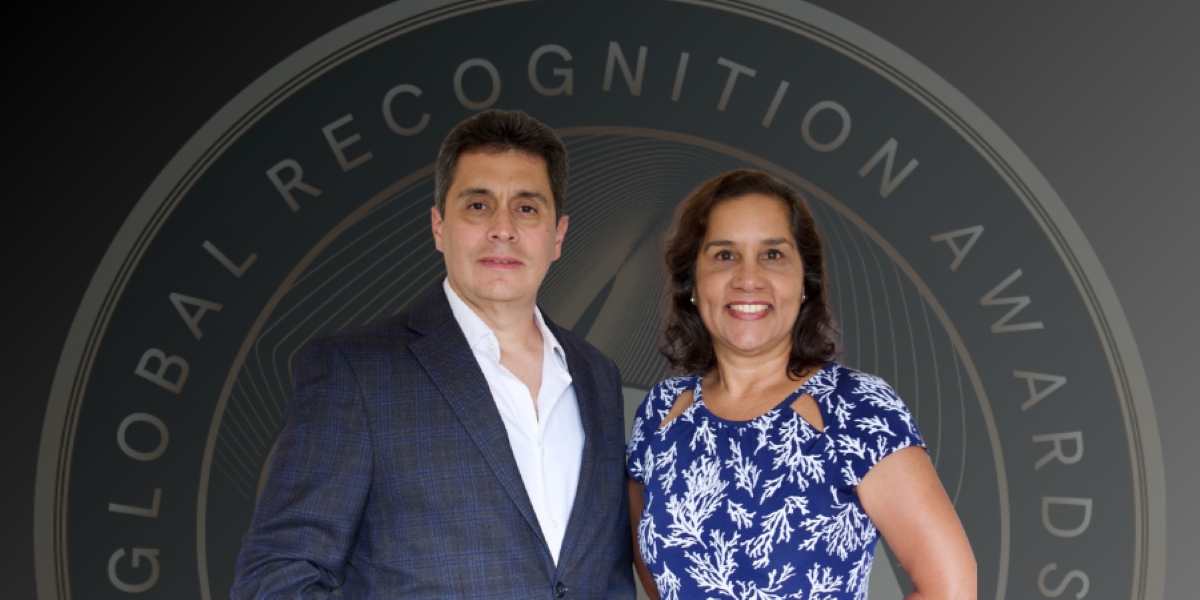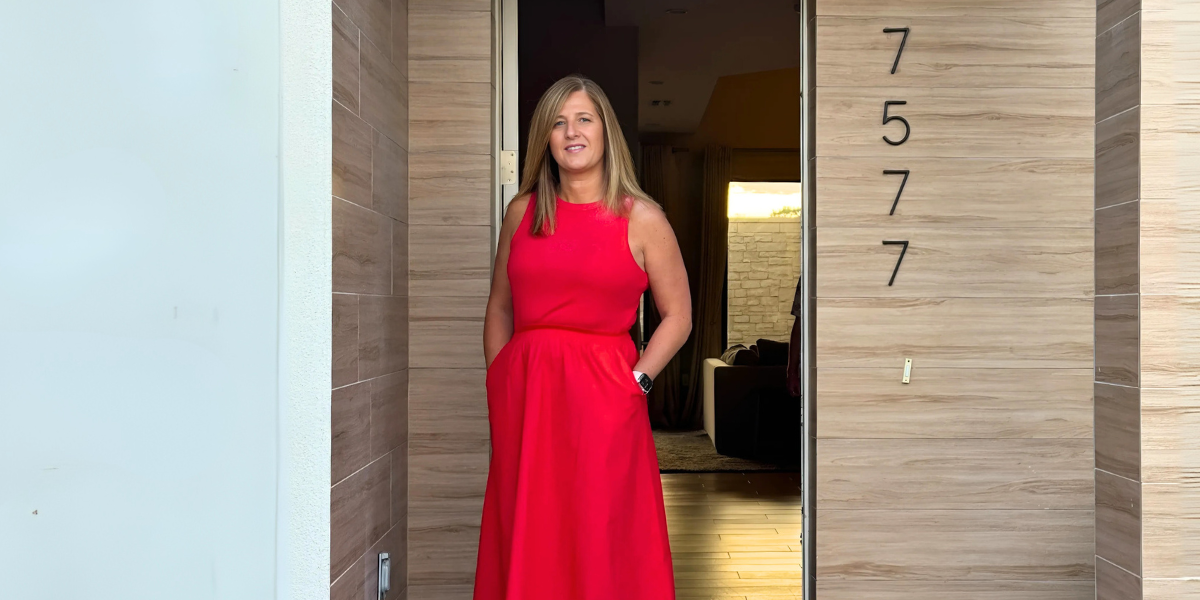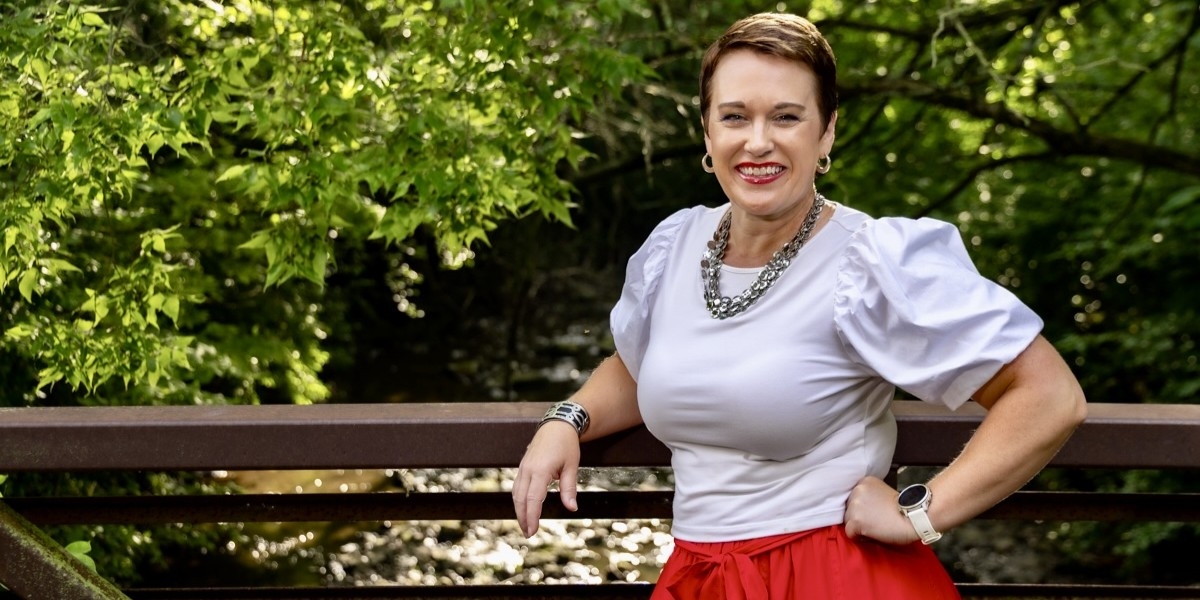By: Life After Debt
Debt isn’t just a number on a statement—for many, it can feel like a silent emotional burden that seeps into daily life. It might show up as a knot in your stomach at the checkout line, a pause before opening an envelope, or sometimes even a lie told to a partner to avoid judgment. And for many, it’s a weight they carry alone. Amber Duncan, founder of Life After Debt, has worked with numerous people who feel stuck in this silence.
Often, they aren’t living recklessly; they’re simply doing what they can to survive. They’re covering child care, helping their family, and managing emergencies. And they’re doing it while carrying the shame of a culture that often equates debt with personal failure. Duncan describes it as an emotional epidemic hiding in plain sight.
Why Debt Shame Often Affects Women More
Despite growing openness around mental health and vulnerability, debt remains one of the last taboos—research suggests this may be especially true for women (Wells Fargo, 2024). Society still often expects women to “have it together,” particularly when it comes to money. That pressure can keep many from asking for help, let alone speaking honestly about what they’re going through.
Studies indicate that women carry more consumer debt (Journal of Family and Economic Issues, 2022), which may be driven by wage gaps, caregiving costs, and reduced access to generational wealth. But the numbers alone don’t tell the whole story. The deeper damage can come from how debt is internalized as a reflection of one’s worth, capability, or stability. Women who are already stretched thin mentally and financially may add isolation to their growing list of burdens.
Duncan knows that story firsthand. After filing for bankruptcy during the 2008 financial crisis, she rebuilt from the ground up and committed to helping others do the same. Her work today is centered on giving people the tools and the confidence to face their debt without shame. Because without that first step, the cycle can continue in silence.
The Emotional Toll of Financial Secrecy
The shame surrounding debt doesn’t just delay action; it can damage relationships, health, and self-esteem. Duncan regularly works with those who haven’t even shared the truth with their partners or closest friends. That kind of secrecy might create emotional distance and erode trust.
In some cases, it escalates into what’s now called “financial infidelity,” when one partner hides purchases, debt, or accounts from the other. While the term could sound dramatic, it reflects a recurring reality: the fear that honesty will lead to conflict, blame, or rejection.
But Duncan has seen that transparency—while uncomfortable—can be transformative. One client, after years of hiding five figures in credit card debt from her husband, finally opened up. Instead of anger, she was met with relief: he had been hiding his own debt too. That conversation became the start of something new, not just financially but emotionally.
Starting the Conversation That Can Change Everything
Talking about debt doesn’t require a financial background. It requires courage, the willingness to admit you’re struggling, ask questions, and let someone in.
That conversation could start with a therapist, a partner, or a trusted friend. It might begin with listening to a podcast, talking in a group chat, or in a quiet moment of reflection alone. Wherever it begins, naming the problem is often the powerful step. From there, action becomes possible: understanding your options, exploring settlement, and building a plan.
Life After Debt creates this space deliberately. Their process begins not with judgment, but with what they call a Clarity Call, a free, no-pressure conversation that lets individuals speak openly and explore real solutions. Duncan believes this shift—from blame to curiosity—could be the future of financial recovery.
Rewriting the Script Around Debt and Self-Worth
A culture of secrecy around debt doesn’t serve anyone. It can keep people stuck in cycles of fear, scarcity, and stress. But a new narrative is emerging, one that sees debt not as a moral failure but as a common challenge shaped by larger systems.
Across podcasts, social platforms, and community circles, people are beginning to speak up. They’re sharing stories, challenging stigma, and redefining what financial empowerment truly means. While every journey is different, many begin in the same way: with one honest conversation. Amber’s story suggests that financial devastation doesn’t have to be the end. It can be the beginning of something better. But only if we talk about it.
Because silence doesn’t serve to heal, and shame doesn’t pay off a single bill.
Every Woman Deserves a Path to Financial Independence
Debt isn’t who you are; it’s just where you are right now. But silence can keep too many people stuck, carrying a burden they were never meant to bear alone. Amber Duncan believes in creating spaces to talk openly and honestly about money without judgment or fear. The path to freedom often starts with one honest conversation and a willingness to ask for help.
Life After Debt exists to make sure that conversation leads somewhere powerful.
Because when voices are heard, supported, and equipped, they don’t just get out of debt; they rise.
Disclaimer: The content of this article is for informational purposes only and does not constitute financial advice. Always consult a certified financial advisor or debt counselor before making any decisions related to managing debt or financial recovery. Individual experiences with debt vary, and results may differ based on personal circumstances.
Published by Joseph T.









